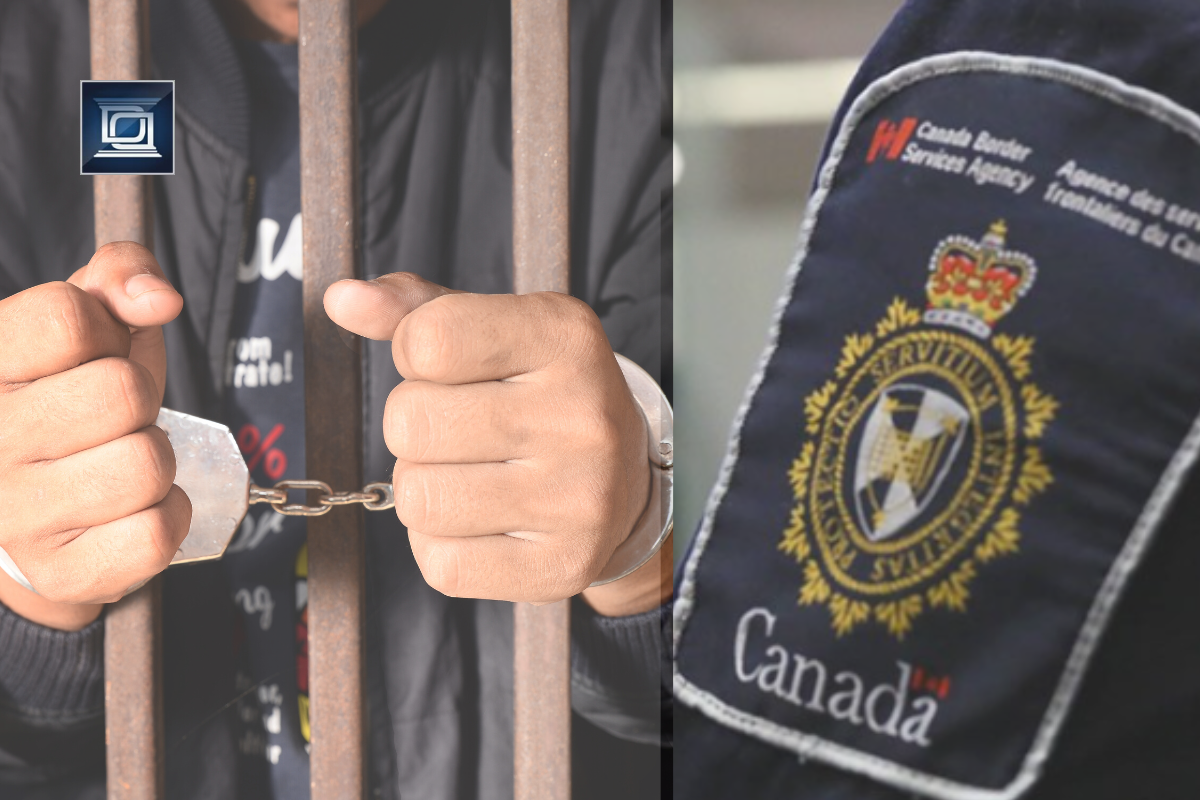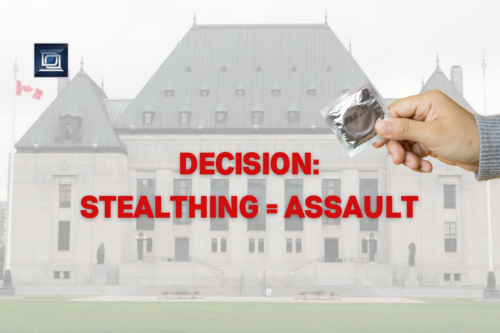British Columbia is ending an arrangement with Canada Border Services Agency (CBSA) to hold immigration detainees in provincial correctional centres, saying it doesn’t align with its stance on human rights.
Public Safety Minister Mike Farnworth said in a statement Thursday the province conducted a review that analyzed its contract with the agency, including public safety, and consulted with advocacy groups.
“The review brought to light that aspects of the arrangement do not align with our government’s commitment to upholding human rights standards or our dedication to pursuing social justice and equity for everyone,” he said.
The report said the number of immigration detainees in provincial custody is declining but provincial jails are used to hold “high risk detainees.” It also noted that while CBSA compensates B.C. Corrections to hold detainees, it does not cover the total cost.
“This is a trend that is likely to continue given the overall reduction in the number of detainees in provincial custody. If the arrangement ended, these are resources that could be used to support B.C. Corrections’ clients, including individuals in custody with complex needs and behaviours,” it said.
The move comes following calls from human rights advocates in B.C. urging the province to end its contract with the CBSA and stop incarcerating immigrants and refugees in provincial jails.
A coalition of human rights organizations and advocates — including the B.C. Civil Liberties Association (BCCLA), Human Rights Watch and Amnesty International — launched a campaign in October urging Canadians to call on the provincial government to stop allowing the CBSA to use provincial jails to lock up people seeking asylum.
The groups released a report in June 2021 saying immigrants with no criminal charges against them are detained in holding centres, federal prisons or provincial jails for “indeterminate amounts of time.”
“Canada is among the few countries in the global north with no legal limit on the duration of immigration detention, meaning people can be detained for months or years with no end in sight,” the groups said in a joint statement following the announcement.
“British Columbia’s decision is a major milestone on the path to ending immigration detention in provincial jails in Canada.”
Ketty Nivyabandi, secretary-general of Amnesty International Canada, said in a statement that she commends B.C. on being the first province to make the decision, calling it a “momentous step.”
“This is a true human rights victory, one which upholds the dignity and rights of people who come to Canada in search of safety or a better life,” she said.
According to campaign organizers, between April 2019 and March 2020, almost 9,000 people were in immigration detention in Canada, including 138 infants and children. Since 2000, at least 16 people have died in these detention centres.
In the statement, the associate disability rights director at Human Rights Watch Samer Muscati added that he hopes the move will urge other provinces and the federal government to follow suit.
Advocates fight for an end to immigration detention
Exactly 12 years ago, Sara Lopez fled Mexico. Lopez now lives in Burnaby, but she was held in a Surrey jail for three months after she claimed refugee status. During that time, she had no access to legal counsel and she wasn’t able to speak with family back home.
“The only thing I had as a freedom there was going to the washroom and taking a shower,” said Lopez.
She has been at the front line of the fight to end immigration detention in Canada and says B.C.’s announcement marks a huge step forward.
“It’s a victory for human rights and for those people that are [dealing with] immigration matters.”
B.C. Human Rights Commissioner Kasari Govender, who called on the province to end its participation in immigration detention, says the practice is a human rights violation and she’s hopeful this will spark greater change.
“We’re all looking. What happens next? Does the Canadian Border Services Agency look at its own practices about detaining migrants across the board and work to end migrant detention in Canada.”
Farnworth says B.C. Corrections will be providing CBSA with 12 months’ notice as is required under its current contract.
“B.C. Corrections is committed to working with the CBSA to develop a safe and efficient transition plan that achieves our common commitment to public safety while ensuring the rights of individuals are preserved and protected,” Farnworth said.
The human rights groups said B.C. Corrections has told it the province will give the agency official written notice to terminate the contract next week.
Original article written by The Canadian Press, with files from Christina Jung and Joel Ballard, and published on cbc.ca.





